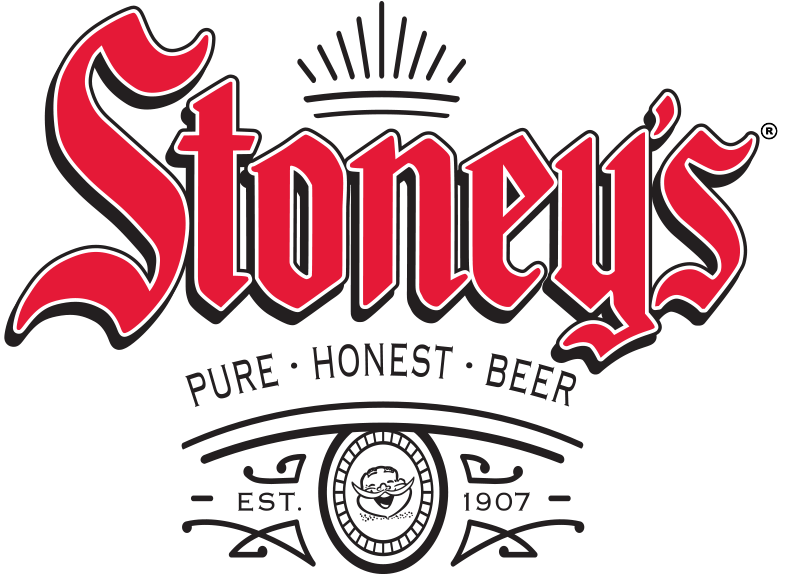A brief history of craft beer
In the dawn of time, Neolithic people sometime around 9500 BCE, emerged from their hunter-gatherer ways to create settlements and farm the land. They began to discover something truly magical. Probably as the result of some accidental spill, they invented naturally fermented grain. When imbibed, they discovered this drink caused them to feel quite wonderful and refreshed. What they had just discovered was beer. Natural beer. The way it should be made. With no unnecessary sugars and additives. They had just produced the world’s first small-batch, locally brewed craft beer.
A history of craft beer
The earliest beer brewing process comes to us from the ancient Mesopotamians. The oldest surviving beer recipe known to humankind is found within the nearly 4000-year-old poem Hymn to Ninkasi. Since that time beer has undergone many wonderful and sometimes questionable developments. But it is the craft beer revolution that is credited with returning beer back to its roots of small-scale, handcrafted origins. That is, after the soulless mega-corporations controlled the production of beer for decades, diluting all the natural freshness and taste of beer into a singular, unremarkable commercial product.
But what if the craft beer story we’re telling ourselves is wrong?
We like to think that buying the latest craft beer, the one with the craziest label art we can find and the one that we end up paying an inordinate sum of money for, somehow, we are sticking it to the man. That somehow, we are thumbing our nose at the established beer industry who have got beer production oh so wrong.
What if there was another story to tell?
Akin to other industries, beer brewing in America utilized advances in technology to streamline production. Thus, beer was produced with way more efficiency, costs were driven down, and more people around the world got to enjoy a tipple of America’s finest. Which is far from sounding the death knell of authentic beer, wouldn’t you agree? In fact, in 1873, just after the peak of the Industrial Revolution, the US boasted 4,144 breweries. The most in its history. But that number soon fell, as more and more of us beer drinkers turned to craft beer to quench their thirst for a pure, honest beer.
It doesn’t have to be this way.
Originally, the term craft beer was applied when describing beer brewed by a local brewery for their local community. And it was that simple. Today, some beer aficionados seem more interested in splitting hairs about what constitutes craft beer, than actually enjoying one (or two). What they fail to recognize is that the best definition of craft beer comes down to two things: locality and the actual ‘crafting’ of the beer itself. What many are searching for when they reach for the latest fad in craft beer is a completely farm-to-table drinking experience. A pure, honest, authentic beer. What they are searching for is what is enshrined in the beer purity law of 1516.
Let us explain.
Beer purity law: Official craft beer
In 1516, under the authority of Bavarian ruler Duke Wilhelm IV, the Reinheitsgebot (beer purity law) was passed. This mandated that the only ingredients allowed in the production of beer were water, barley, and hops. The Duke’s law was more about health than beer aesthetics. At this time in history, beer was a basic necessity of life as it was imbibed daily by everyone: men, women and even children! That’s because it was often safer to drink a beer than drink from the town water source. Pollution caused by unhygienic conditions, overcrowding and a lack of proper sewerage systems meant that many a water source wasn’t fit for human consumption. Whereas fermented beer on the other hand... Mmmm. Delicious and healthy!
The status of craft beer in the modern world
People write books, produce documentaries, and even publish theses about the stuff. When it comes to craft beer, there is no shortage of opinion about what it is or what it should be. Officially, according to the American Brewers Association at least, craft beer is simply beer produced in breweries with an “annual production of 6 million barrels of beer or less.” However, we think it is something more than that. We think it is about the craft of brewing beer. In a world full of hazy, double dry-hopped beers monopolizing the market, it’s refreshing to have a classic American brand built on the tradition of what craft beer is meant to be. Stoney’s Beer is brewed locally in Latrobe, Pennsylvania. Since 1907, the same family has owned and operated this classic American brewery, producing crisp, natural tasting lagers according to the Beer Purity Laws from the old world. Water. Barley. Hops. Their ingredient list calls for nothing else. Stoney’s is a pure, honest beer crafted in the true sense of the word. Natural beer. The way it should be made. With no unnecessary sugars and additives. These days, when knowing where your beer has come from and what’s in it is very on-trend, Stoney’s stands as a beacon of true American craft beer. Brewed using the same recipe, by the same family in Pennsylvania since 1907, Stoney’s beer proves the maxim: “if it ain’t broke, don’t fix it.”
